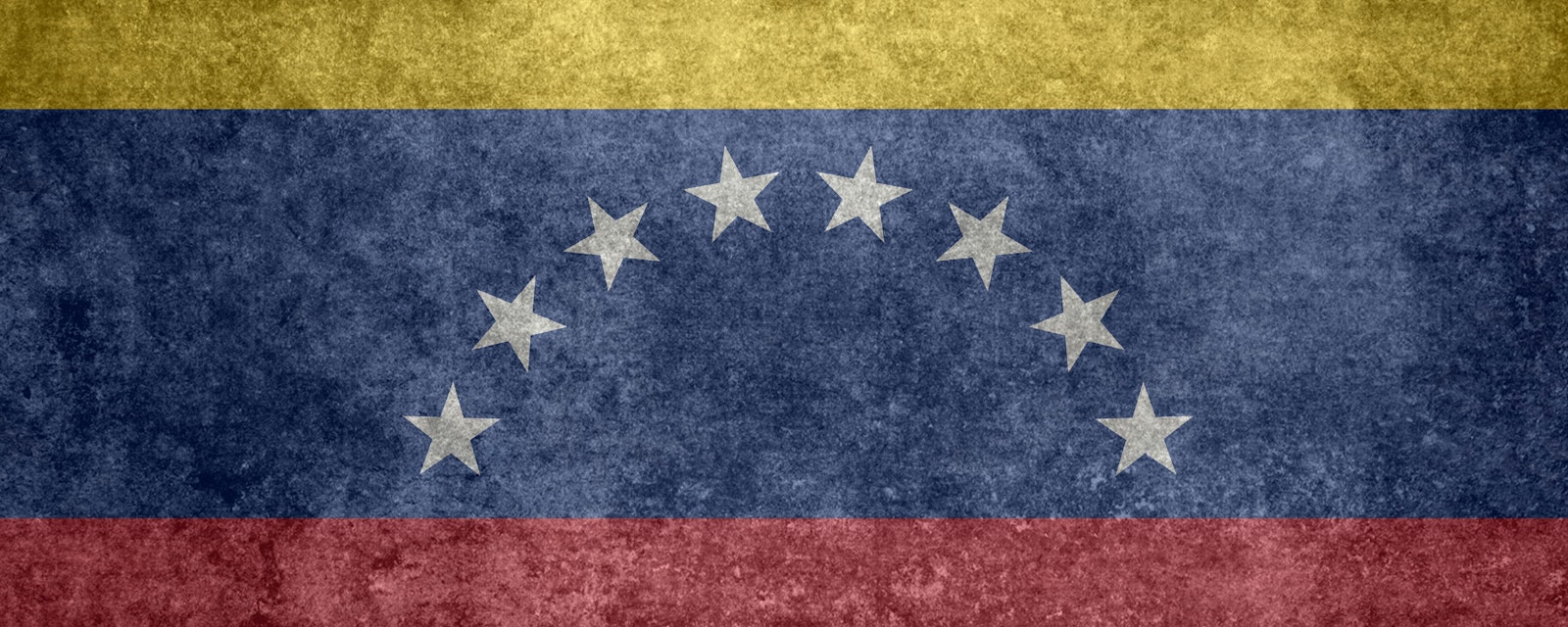The opposition-dominated National Assembly (AN) on 5 January elected Juan Guaido as legislative president for the next 12 months.
Guaido is from the Popular Will (VP) party, which has traditionally taken a more hardline stance towards the regime led by President Nicolas Maduro. The new AN president immediately branded Maduro, who began a new six-year mandate on 10 January, an illegitimate “usurper” following his sham re-election in May 2018. However, though Guaido’s election is potentially important, opposition dynamics remain complex even as Maduro faces new external pressures and heightened uncertainty in 2019.
As of 10 January, the AN is the only legitimately-elected branch of government still standing. As a result, the AN – headed by Guaido – has an opportunity to become an important interlocutor with the international community. One of the problems hitherto faced by those external actors pressuring for political change has been the opposition’s disarray; without a viable opposition, it has been more difficult to push or plan for a transition. The position of AN president is particularly significant because whoever occupies it would be in line to succeed Maduro in the event of his “permanent absence”, which the constitution empowers the AN to declare.
Guaido plans to establish what he refers to as a Transition Council, details of which are pending but which is presumably designed to demonstrate that the opposition could realistically preside over a viable caretaker administration in the event of Maduro’s ouster. This explains why Guaido also made overtures to the armed forces (FANB) during his inauguration address; FANB support would be crucial for any temporary government. However, the precedent of the exiled Supreme Court (TSJ) – as distinct to the government-aligned TSJ – is not particularly positive; the court-in-exile makes symbolic rulings but has largely failed to move the political needle.
An opposition resurgence still faces significant hurdles. The regime has successfully sidelined the AN, and opposition parties’ actions in the legislature have only limited local visibility. VP leader Leopoldo Lopez remains virtually incommunicado under house arrest. Moreover, internal opposition divisions persist, and it is far from obvious that Guaido or the VP are equipped to overcome them. Guaido’s election was the result of a rotation agreement reached by the main opposition parties in 2015 after the legislative elections; while it says something that this agreement has not frayed, it also means the VP was always going to occupy the AN presidency this year. Divisions and past missteps have seriously undermined the opposition’s appeal in the eyes of ordinary Venezuelans, while the appetite for organized protests and demonstrations remains low.





